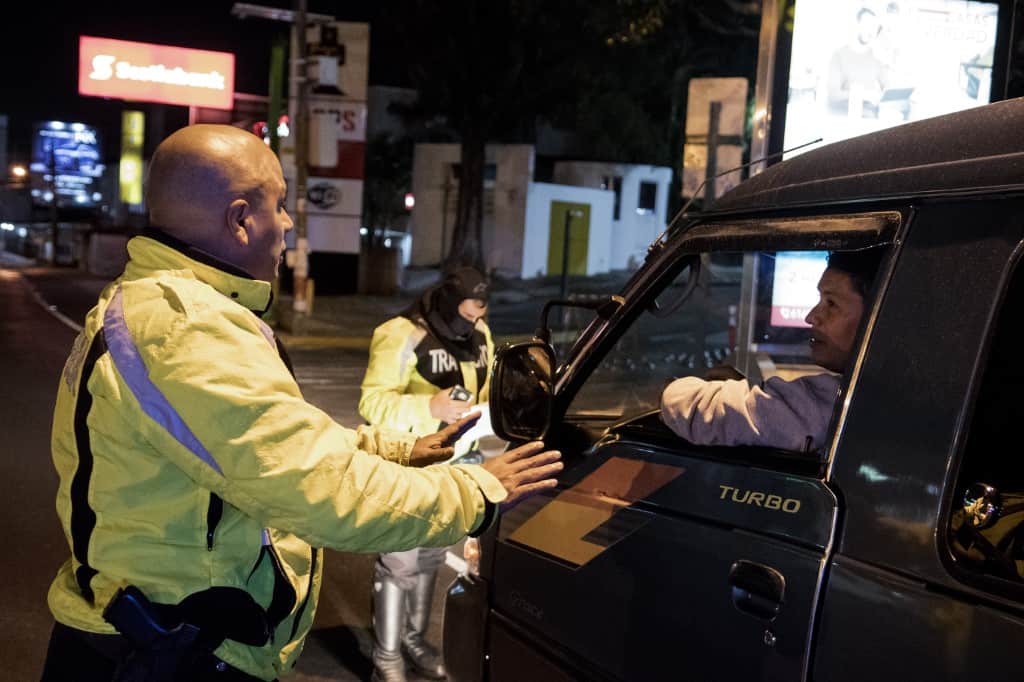The coronavirus crisis has transformed life in Costa Rica, which has enacted measures to protect the capacity of its health system.
Here’s what you should know as a new day starts in Costa Rica:
Government agrees to change restrictions
After meeting Thursday with mayors and private-sector representatives, the central government has agreed to adjust the mid-August coronavirus measures.
Among the expected changes are a standardization of the national vehicular restrictions and permission for some businesses to remain open in Orange Alert areas during the upcoming “Closed Phase.”
More information will be announced “in due time,” Casa Presidencial said. The Tico Times will share those details when they’re revealed.
Under the current plan, Costa Rica will enter a “Closed Phase” from August 10-21. During that period, there will be strict driving bans and business restrictions in Orange Alert cantons, which comprise much of the Greater Metropolitan Area (GAM).
Any changes to the August measures will consider “availability of beds in Intensive Care Units, infection rate, projections of the spread of the disease and saturation of health services,” Casa Presidencial said.
Alvarado responds to unemployment rate
President Carlos Alvarado responded on Thursday to Costa Rica’s record-setting unemployment rate.
“The unemployment data Costa Rica announced today hurt us,” he said. “They are the harsh result of the pandemic that has hit the global economy, generating historical unemployment figures in many countries.”
Alvarado and Planning Minister Pilar Garrido announced the following economic measures:
- Ministers and executive presidents will take a 15% pay cut. A bill in the Legislative Assembly would apply that same pay cut to all public-sector workers with monthly salaries greater than ₡1,500,000 (about $2,500).
- A “guarantee fund” of ₡175 billion will support 18,000 companies “so that they can develop productive activities and generate employment.”
- Up to 30,000 jobs in the tourism sector will be protected via a fund managed by the Costa Rica Tourism Board (ICT).
- Some 200,000 more “Bonos Proteger,” an emergency financial relief stipend for individuals, will be approved. (Click here to apply.)
- The government will continue pushing public-infrastructure investments, simplify trámites for small businesses, and support tourism investment for coastal communities.
“We must assume this enormous challenge facing Costa Rica and the world together,” Alvarado said. “We will continue to work hard to protect people’s health and jobs.”






